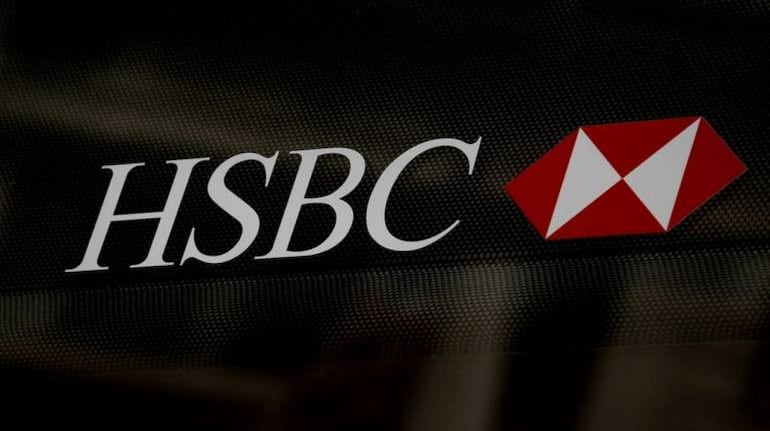



Many Indian businesses have shown high preparedness, made contingency plans for the future and continue to operate as normal despite the significant impact of COVID-19, says a report.
According to HSBC's Navigator report, almost half (46 percent) of Indian businesses covered under a survey felt 'very strongly' impacted by the pandemic, yet more than half (54 percent) felt they were as well prepared as they possibly could be.
This is a level that is the second highest amongst all countries surveyed and higher than the average across all markets (45 percent), according to the report titled, 'Building Back Better'.
The survey was conducted on more than 2,600 companies across 14 global markets – including 200 firms from India.
Despite the high level of impact faced by Indian businesses, more than a quarter (29 percent) of those surveyed said they are operating as normal, and this level was the second highest across all markets, behind mainland China, the report said.
"While COVID-19 has undeniably altered the economic landscape, Indian businesses have shown resilience in the face of adversity. Businesses will have to make varying degrees of adjustments to adapt to this altered landscape which will be the new normal for the foreseeable future," HSBC India Head of Commercial Banking Rajat Verma said.
The fact that a substantial proportion of Indian businesses are still operating as normal may be attributed to nearly three quarters (73 percent) of them either having a management that is sufficiently agile or being strong overall and able to manage with a number of adjustments, it added.
However, 2 percent of those surveyed in India feel that their long term survival is threatened.
The survey further said the most important aspect for around 42 percent of Indian businesses is to review their suppliers' ability to weather future uncertainty.
Besides, 64 percent of Indian businesses see the current environment ensuring positive changes to their products / services. This is the joint highest across all markets surveyed (along with China) and significantly higher than the overall average at 44 percent.
Moreover, favourable changes to customer demand (60 percent) and better access to financing facilities (62 percent) are some of the other aspects that have been positively impacted by the current environment, the survey showed.
However, aspects related to availability of labour have the lowest positive balance for Indian businesses with only 53 percent seeing it being positively impacted while 25 percent see a negative outcome from the current environment, it noted.
Discover the latest Business News, Sensex, and Nifty updates. Obtain Personal Finance insights, tax queries, and expert opinions on Moneycontrol or download the Moneycontrol App to stay updated!
Find the best of Al News in one place, specially curated for you every weekend.
Stay on top of the latest tech trends and biggest startup news.